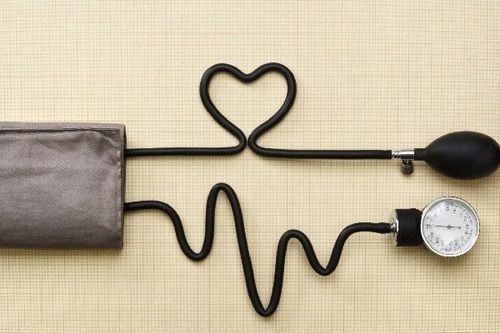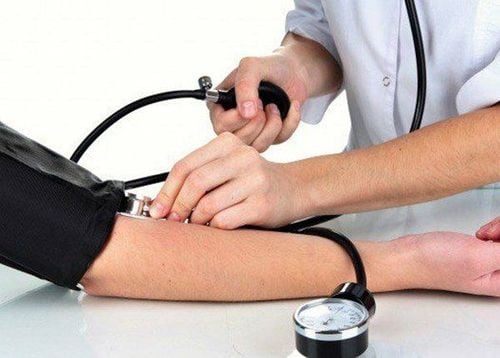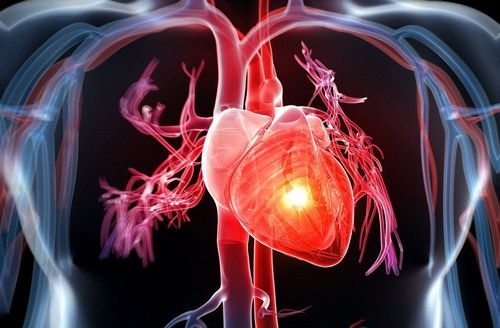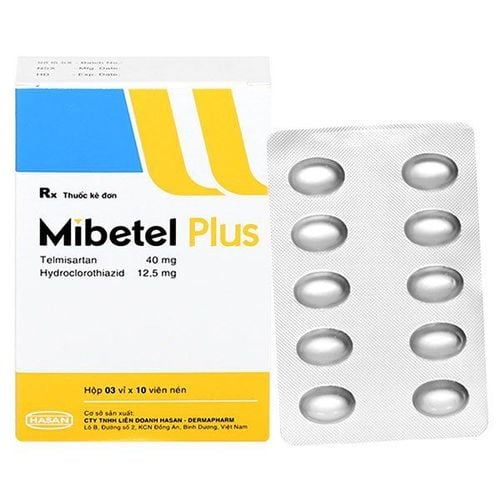This is an automatically translated article.
The article is professionally consulted by Master, Doctor Pham Van Hung - Department of Medical Examination & Internal Medicine - Vinmec Danang International General Hospital.
Hypertension is one of the most common cardiovascular diseases in the community with both systolic and diastolic blood pressure readings higher than normal. However, some patients have only dominantly high systolic blood pressure, called isolated systolic hypertension. The following article will provide information around this disease.
1. What is isolated systolic hypertension?
Blood pressure is a measure of the pressure of blood flowing in the arteries. Blood pressure is created by the force of contraction of the heart and the resistance of the arteries. When measuring blood pressure, especially with electronic devices, we often see two readings: maximum blood pressure (also known as systolic blood pressure) and minimum blood pressure (also known as diastolic blood pressure). ). Your doctor will diagnose you with hypertension when your systolic blood pressure is 140 mmHg or higher and/or your diastolic blood pressure is 90 mmHg or higher.In the group of hypertensive patients, there are some patients with abnormalities only in systolic blood pressure. Specifically, the systolic blood pressure was superior from above 140 mmHg while the diastolic blood pressure was normal. This condition is called isolated systolic hypertension and is also classified as hypertension in general.
2. Isolated cause of systolic hypertension
Isolated systolic hypertension is in most cases due to decreased elasticity of the arterial system. This condition is often seen in the elderly when the process of calcium and collagen deposition on artery walls over a long time. As a result, the arterial wall loses compatibility, restructures, becomes stiffer, and increases the pulse pressure and pulse wave velocity of the blood flow. As a result, systolic blood pressure increases again while further decreasing diastolic pressure. In addition, like hypertension alone, isolated systolic hypertension also occurred more in subjects with a diet high in salt, fat, processed foods, drinking alcohol, smoking. medications, other comorbidities such as diabetes, dyslipidemia, obesity, sedentary lifestyle as well as a family history of cardiovascular disease.3. How dangerous is isolated systolic hypertension?
Similar to hypertension alone, in isolated systolic hypertension, the perfusion pressure is too high to damage target organs. Therefore, hypertension in general is always warned with the name "silent killer".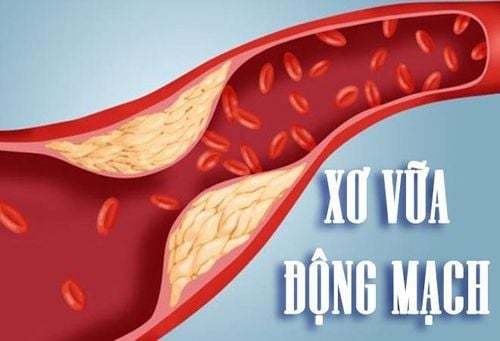
Large blood flow pressure can also cause atherosclerotic plaque sloughing, narrowing blood supply to organs, causing cerebral infarction, myocardial infarction. In addition, sudden increase in blood pressure also causes acute pulmonary edema, acute heart failure, acute renal failure, continuous nosebleeds, retinal hemorrhage, blindness...
If high blood pressure persists for a long time without developing will cause chronic heart failure, chronic kidney failure, atherosclerosis, damage to the retina of the eye...
4. How to treat isolated systolic hypertension
Overall, the treatment of systolic hypertension alone is not different from hypertension alone. The only difference lies in the goal of blood pressure control. Compared with hypertensive disease in general, in isolated systolic hypertension, patients only need to keep the systolic blood pressure reading below 140 mmHg. However, it is still recommended to check the diastolic blood pressure regularly during each measurement, to avoid combined hypertension without early recognition.To do so, patients need to adhere to the doctor's treatment, take medication regularly every day, and have regular follow-up appointments as well as build a healthy lifestyle suitable for each person. In which, diet plays a very important role. Encourage eating foods rich in fiber such as brown rice, green vegetables, ripe fruit. Do not squeeze fruit to drink water, but eat whole fruit to increase fiber. Should eat foods rich in omega 3 fatty acids such as salmon, mackerel... Do not eat fat, animal organs, processed products and contain a lot of salt such as canned fish, salted meat, cucumbers salt, braised dishes, rim, salt, sauces, savory dips. Quit smoking and limit alcoholic beverages such as beer and wine.
At the same time, we should also exercise regularly will help keep arteries elastic, even in the elderly, help ensure normal blood flow and blood pressure. Doctors always recommend that we spend at least 30 minutes to exercise every day, which will also keep a reasonable weight or lose weight (especially in the abdomen) for overweight and obese people. In addition, a good sleep also helps us lower blood pressure, reduce the risk of heart disease and death. At the same time, you should know how to relieve stress inside each person, learn how to relax and rest such as meditating, practicing yoga.

If you are wondering about your blood pressure status, you can choose the Hypertension Checkup Package at Vinmec International General Hospital to be diagnosed and examined with the most advanced technological equipment under the real of a team of leading medical professionals. Package with 2 levels of Hypertension Basic Examination and Advanced Hypertension Examination will help you choose the right one for your reality.
Master, Doctor Pham Van Hung has 30 years of experience in examination and treatment of internal diseases, especially in Cardiology: coronary arteries, heart failure, heart valves, arrhythmias. ..Master, Dr. Hung used to hold the position of Deputy Head of Cardiology Department and Head of Interventional Cardiology Unit at Da Nang General Hospital and is currently working at Department of Medical Examination and Internal Medicine, Internal Cardiology, and Cardiology. Interventional circuit at Vinmec Da Nang International General Hospital.
Please dial HOTLINE for more information or register for an appointment HERE. Download MyVinmec app to make appointments faster and to manage your bookings easily.





